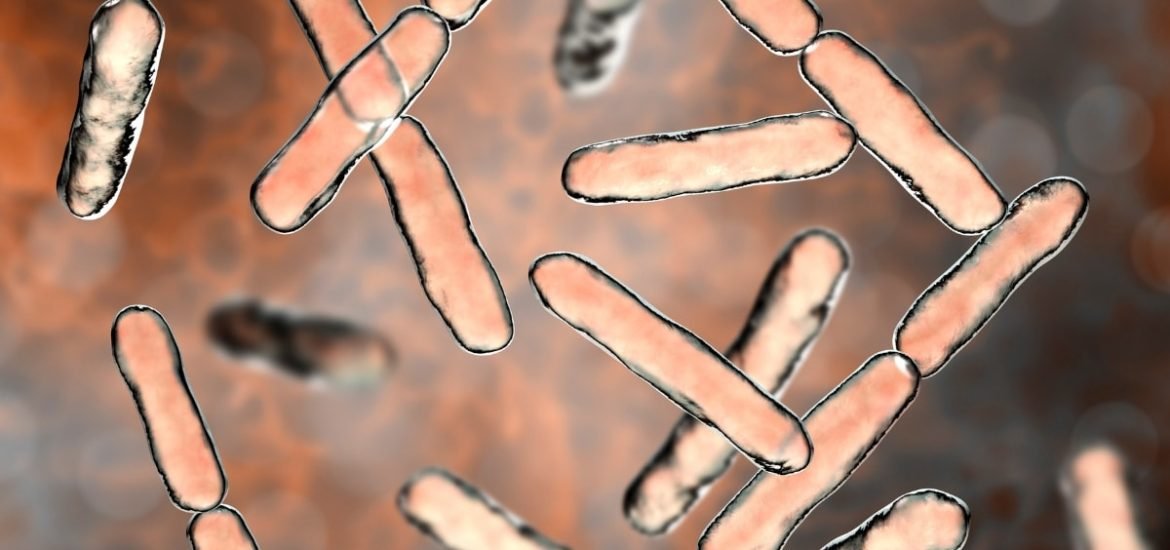
A new study published on 26 March in Cell Host & Microbe, a peer-reviewed journal, suggests that probiotics ― “good bacteria” ― have the potential to become ineffective, or even harmful, in the human gut (1). More specifically, the researchers showed diets high fat and sugar, antibiotic use, and the other bacteria in the intestines can contribute to the unpredictable adaptive behaviour of probiotics.
The gut is a highly complex environment, as scientists are continually discovering, and adaptive changes in resident bacteria make it all the more complicated. The diverse community of bacteria in the gut are involved in crucial functions that aid digestion, control inflammation, and prevent infections. Furthermore, low gut bacteria diversity is thought to play a role in various cancers, diabetes, and even depression, among other pathological conditions.
Probiotics are often touted as the holy grail of gut health. Moreover, genetically engineering probiotics ― or “smart probiotics” ― are being developed to treat certain diseases of the gut, such as inflammatory bowel disease, phenylketonuria (PKU), and necrotizing enterocolitis in newborns.
However, the use of these live microorganisms as medicine involves a certain degree of uncertainty. Within the gut, these bacteria are subjected to natural selection ― or survival of the fittest, one of the key mechanisms of evolution ― which could influence their intended therapeutic effect and safety. Therefore, understanding how they adapt to different conditions inside the body is crucial.
To investigate the adaptive behaviour of probiotic bacteria and its potential consequences on human health, the team of scientists fed a probiotic to mice with different existing microbial communities in their gut while also altering their diet.
They examined four groups of mice: no pre-existing microbiota (germ-free), few or limited bacterial species (an unhealthy gut), a normal gut microbiome, and a normal microbiome after antibiotics. Alongside the probiotic, the mice were fed either a normal diet, a normal diet plus fibre, a high-fat high-sugar diet (Western-type diet), or a Western diet plus fibre.
The particular strain of bacteria used in the experiment, Escherichia coli or E. coli Nissle (EcN) 1917, is sold in Europe, marketed as an antidiarrheal probiotic. In just five short weeks, the colonised EcN had evolved in the intestines of the mice. However, depending on their diet and the existing gut microbiome, the response was different.
Some bacteria developed genetic mutations modifying how they metabolize certain carbohydrates and respond to stress, likely an attempt to “gain competitive fitness,” as the authors suggest. In other cases, the bacteria damaged the protective lining of the intestines, a process linked to irritable bowel syndrome. Fewer genetic changes occurred in bacteria that colonised the guts of mice with highly diverse microbiomes.
The researchers also administered an engineered strain of the probiotic to a group of mice with PKU. Individuals with this condition are unable to metabolize the amino acid phenylalanine. In these mice, phenylalanine levels reduced by half within 24 hours ― an encouraging result. Nonetheless, the study highlights the need for caution in using probiotics to treat various illnesses.
The authors write, “While probiotics have been broadly used in humans for decades, engineering probiotics for therapeutic applications in humans will only be acceptable if it is demonstrated that probiotics exhibit long-term safety.” Adding that “Clinical use of probiotics, especially genetically engineered probiotics, therefore, will benefit from a thorough understanding of their in vivo evolutionary trajectories under diverse schemes of microbiome complexity and host diet.”
The authors do not suggest that probiotic-based therapies should be abandoned. Rather, engineered probiotics must exhibit long-term safety before they can be used therapeutically. Especially since these therapies are likely to be focused on people that do not have a healthy microbiome.
(1) Crook, N. et al. Adaptive Strategies of the Candidate Probiotic E. coli Nissle in the Mammalian Gut. Cell Host & Microbe (2019). DOI: 10.1016/j.chom.2019.02.005
I never knew this. Thank you so much for sharing the news!
Common side effects of too many probiotics can lead to bloating, gas, and nausea. People at greater risk of dangerous side effects are those with a weakened immune system or serious illness, in which case you should consult a doctor before taking large amounts of probiotics.